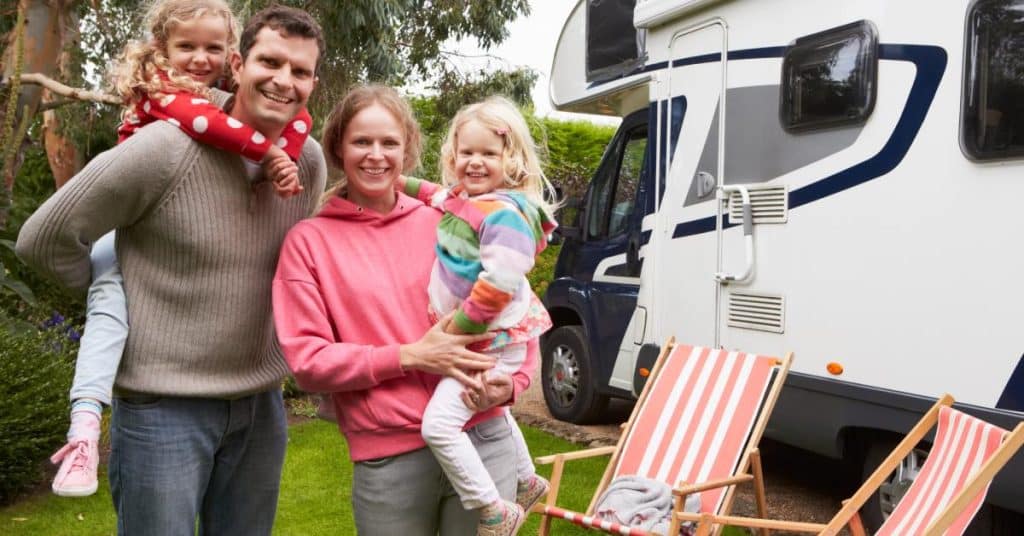Having a baby and starting your family should be beautiful moments in your life, and for most parents, they are. They welcome a healthy and happy bundle of joy into the world, and they cannot wait to watch them grow up and become someone they will love more every day.
However, some families will not always experience something as similar as this. While they still give birth, they might find their child is born with a rare condition. This doesn’t mean they love it any less, but it does mean that the child-raising experience will be different. If parents want to make sure they can give their child the best possible life, these tips for raising children with rare conditions will help.
Get Plenty of Information
The more you know about the condition, the more you will be able to help them. Your natal nurse or doctor can carry out tests if they suspect anything seems wrong. You and your partner can also get checked to see if any dormant diseases could be passed on between you.
Some genetic conditions, such as Costello Syndrome, can be rarer than others. So, speaking to a professional allows you to get the full and clear picture. Furthermore, this information can guide you towards professionals who can help you following the birth, providing treatment and offering crucial advice that will help your baby live a happy life.
Look for Support
Many parents will blame themselves when they learn about their baby’s condition, and this can cause severe problems within the relationship and in their own minds. You mustn’t blame yourself, as most of the time, there’s no way you would have known this.
You and your partner must find support, both from friends and family, the medical community, and support groups that include parents who are also raising (or have raised) kids with rare genetic conditions.
As there will also be a financial impact to consider, grants and support from the government, especially if you require specialist equipment, can relieve stress and give you all the tools you need to raise your child.
Take Time to Learn More
Being the best parent you can be for your child means getting involved in genetic counseling that can help you learn even more about the condition, including history and beneficial treatments or activities. Through this, you can become an advocate for your child and other patients within the community and you can give yourself something to fight for.
You must remember that all patients are different, so you shouldn’t consider them all under the same umbrella. Just like your child has their own personality, so too do other kids with the same condition. You’ll quickly learn this and you can use your experiences to educate others about the condition.
Try Different Things
If you already have kids, you may feel you know how to parent. However, raising children with rare conditions can be different. You may experience a change as a parent and approach things differently, but this can benefit you and your child as you try new things, experiment with your parenting, and find solutions that help them in ways that would not happen otherwise.
While you won’t get everything right, the learning experience will be enough to make you a better parent and help your child enjoy life as much as possible. You can also take these experiences and share them with other parents, creating a positive chain of support for those in the same situation you were in.
Look After Your Family
Giving birth to children with genetic conditions can compound the already-high parental stress you and your partner experience. It can also significantly impact your other kids, as they feel like they are not getting the same amount of attention.
They will understand why this is as they grow up, but it might be more difficult for them when they are younger. As challenging as it can be, you should identify ways to look after the rest of your family, too. This can prevent resentment (at least temporary resentment due to a lack of understanding) and strengthen everybody’s bond to ensure you are all working together for each other.
Raising Them Well
While there will be challenges with raising a child with a rare condition, preparing yourself and knowing how to give them the best possible life will make things easier. Proper education and support are two key components, and they will enable you and your family to help your child grow into a happy and confident person.



